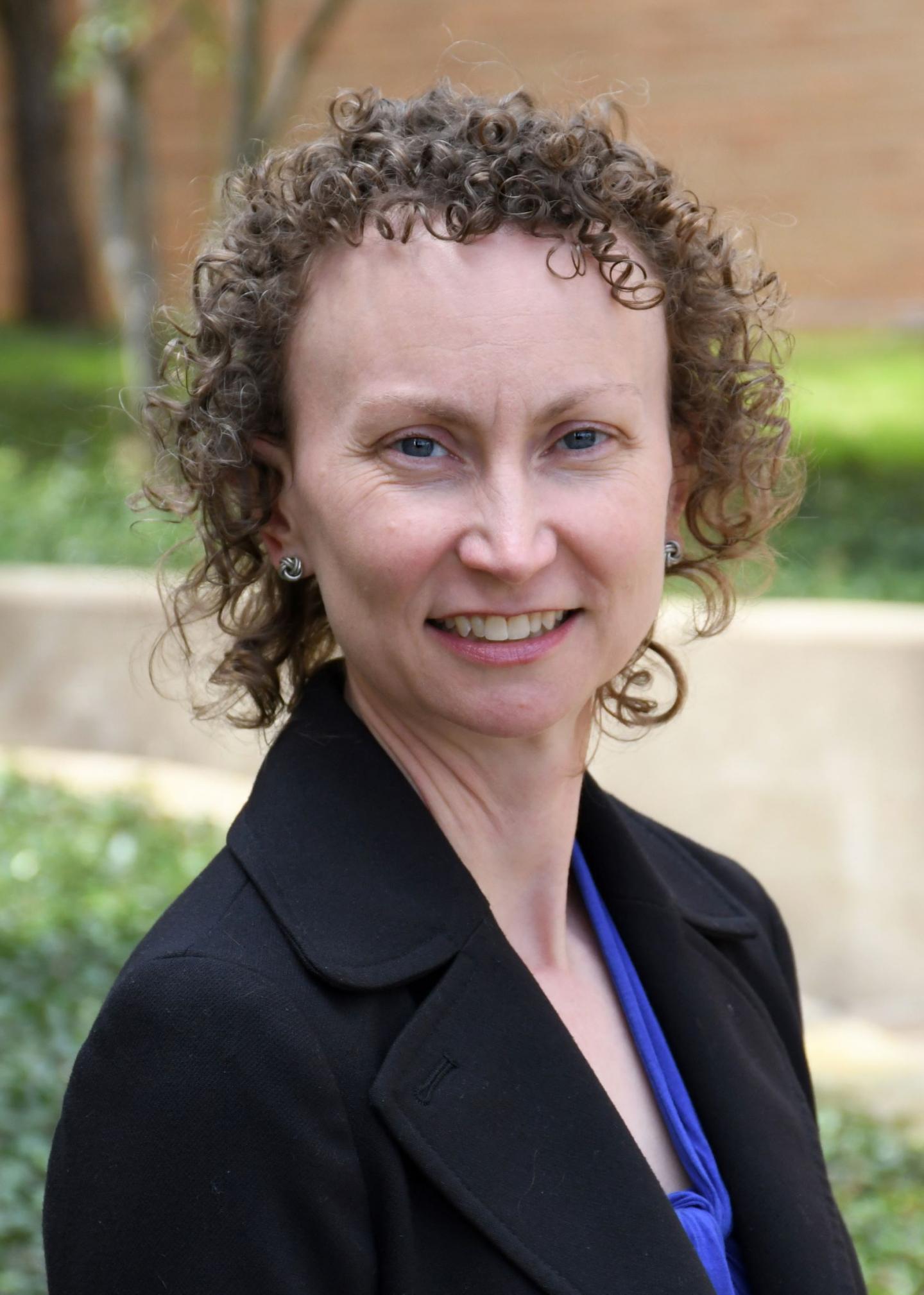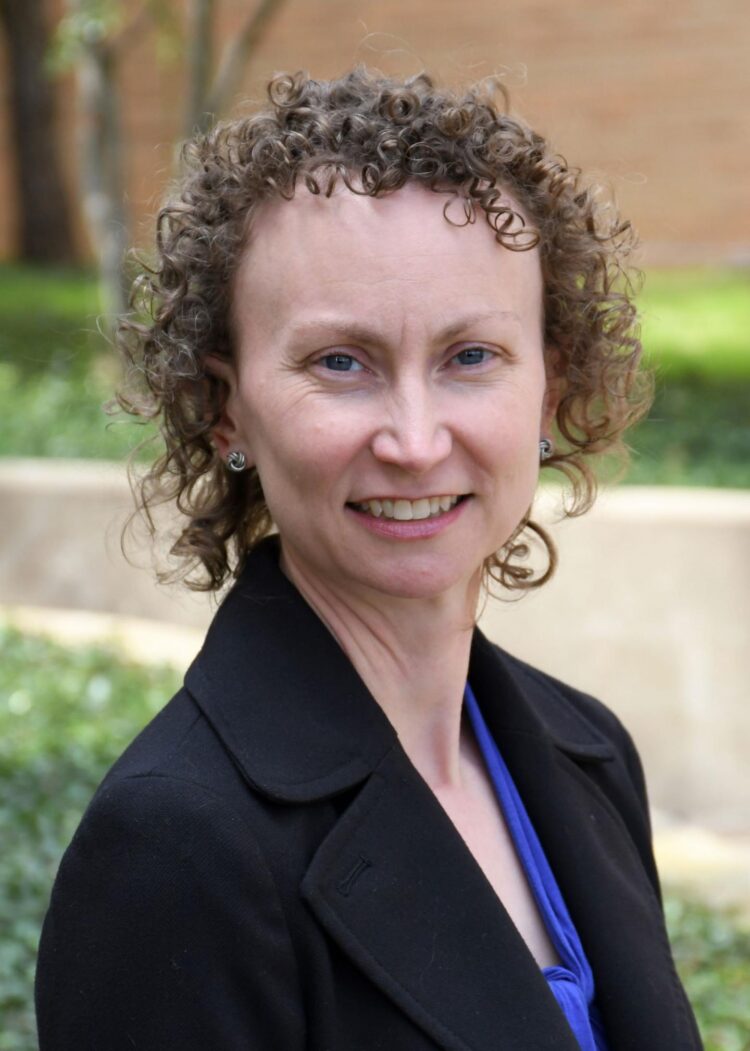Rasmussen and Robinson-Freeman recognized for teaching excellence

Credit: UT Arlington
Two University of Texas at Arlington faculty members–Stephanie Rasmussen, associate professor of accounting in the College of Business, and Ericka Robinson-Freeman, associate professor in practice in the School of Social Work–have earned the UT System Board of Regents Outstanding Teaching Award.
The annual award recognizes educators who best exemplify excellence, innovation and a commitment to student success. The two Mavericks are among 27 faculty recipients in the UT System.
Each will receive a certificate, a medallion and $25,000 in appreciation of their impact on students and their institutions.
“Ericka and Stephanie are exemplary members of the UT Arlington faculty because they always put our students first and are dedicated to the University’s true mission: the advancement of knowledge and the pursuit of excellence,” said Teik C. Lim, interim president of UTA. “Their commitment to student success makes UTA a better place and makes me proud to work with them.”
The awards are among the largest in the nation given for outstanding faculty performance. Winners are chosen based on rigorous evaluations by students, peer faculty and external reviewers, who focus on the candidates’ classroom expertise, curricula quality, innovative course development and student learning outcomes.
“These awards demonstrate the Board’s appreciation for exceptional educators at each of the 14 UT institutions,” Board of Regents Chairman Kevin P. Eltife said. “Their dedication to teaching excellence and student success is instrumental to achieving our education, research and health care missions.”
Overall, the Board of Regents has presented more than $20 million to more than 700 UT System educators. Established in 2008, the Outstanding Teaching Award honors extraordinary classroom performance and innovation.
“Great teachers inspire, motivate and challenge their students,” UT System Chancellor James B. Milliken said. “We honor these outstanding educators for their service to Texas and Texans.”
A sense of community
Rasmussen said she has two goals as an educator: to show students they are each individuals and to help them succeed.
“Teaching at a university with more than 40,000 students, I strongly believe that students need to be recognized as individuals,” said Rasmussen, who has been at UT Arlington since 2009. “Individual recognition engages students in the classroom and gives them a sense of community.”
She insists on learning the names of all 140 students she teaches each semester, so she can address them personally in class. She also engages students by asking questions and urging them to participate in classroom discussions. After exams, she emails them to offer encouragement or congratulations for their high marks.
“These practices help me identify which students are actively involved in the learning process and which students lack engagement,” Rasmussen said. “Several students have told me I was the first professor to contact them after a poor performance.”
Rasmussen is passionate about finding creative ways to help students learn better and be actively involved in their learning. With colleagues at UTA and elsewhere, she has created course Pinterest boards, for example, and conducted a series of podcast interviews with business professionals so students can hear how people use accounting information in their work.
After the semester ends, she remains in touch with promising students to see if they have questions about accounting careers, future aspirations or graduate school.
“I send each of them congratulatory notes of encouragement and visit with many of them after the semester ends,” Rasmussen said. “I believe I can play a critical role in student success even after students finish my course.”
Rasmussen held a two-year IDEAS Center Faculty Fellowship starting in summer 2017 and currently serves as the faculty adviser for the UTA chapter of Beta Gamma Sigma, the scholastic honor society for business students.
Cultivating critical thinkers
A love for storytelling and a deep desire to help others led Robinson-Freeman to UTA, first as a student and then a faculty member. After obtaining her bachelor’s degree in communication at UTA, Robinson-Freeman worked in the nonprofit sector.
“While working in public relations, I discovered that, at its core, social work was a great way to meet people, learn their stories and hopefully make a difference in their lives,” she said.
After returning to UTA and earning a master’s degree in social work, Robinson-Freeman worked for Child Protective Services and other agencies. She discovered empathy and compassion were her most useful and effective tools.
“I had an epiphany,” she said. “I realized the best way to help children was to help their caregivers, advocate for their families and give them the tools and support to rewrite their stories.”
Robinson-Freeman wanted to share her knowledge and experiences with the next generation of social workers and began teaching at UTA as an adjunct professor. Within a year, she became an assistant professor in practice and was later promoted to associate professor in practice.
“By using the qualities and skills I developed while working in the social work field, I set out to accomplish two goals as a teacher,” she said. “I want to instruct students in the field of social work practice so they can become compassionate and competent practitioners to serve clients with integrity. And I want to cultivate critical thinkers who will fare better and be successful in their communities, in their families and in their journeys in life.”
Scott Ryan, dean of the School of Social Work, said Robinson-Freeman is “passionate about assisting students in developing social work skills.”
“She is adept at applying techniques in the classroom to draw students into the learning process,” he said.
Robinson-Freeman said she credits the education she received at UTA for preparing her for her different careers.
“I approach working with my students and being in the classroom like I do my work as a social worker,” she said. “I seek to build rapport, establish a relationship and empower my students. Fostering trust and eliciting encouragement works wonders in both conveying content and retaining knowledge.”
###
– Written by Herb Booth and Elizabeth Couch
Media Contact
Herb Booth
[email protected]
Original Source
https:/





